September 14, 2023
Competitiveness in the ICT Sector of South Korea
The industrial competitiveness of South Korea's ICT industry is a topic of interest for many observers and analysts.
The country has been a global leader in the fields of electronics, telecommunications, semiconductors, software, and digital content for decades. However, in recent years, some challenges have emerged that threaten to erode its position and advantages.
In this blog post, we will examine some of the factors that contribute to the success and the difficulties of South Korea's ICT industry, and explore some possible strategies and policies to maintain and enhance its competitiveness in the future.
South Korea's ICT Industry
South Korea's ICT industry has a long history of innovation and excellence. The country has been one of the first adopters and exporters of cutting-edge technologies such as mobile phones, broadband internet, LCD displays, memory chips, and smartphones.
South Korea's ICT industry boasts a rich history of innovation and is home to some of the world's leading technology giants. Prominent South Korean ICT companies have played a pivotal role in shaping the global tech landscape.
Among the most notable South Korean ICT companies are:
Samsung Electronics: Samsung is a global leader in consumer electronics, semiconductors, and mobile technology. It has been a pioneer in the development of smartphones, memory chips, and various display technologies.
LG Electronics: LG is another major player in the consumer electronics industry, known for its televisions, home appliances, and mobile devices.
SK Hynix: SK Hynix is a leading semiconductor manufacturer, specializing in memory chips. Their products are vital components in various electronic devices worldwide.
Hyundai Motor Group: While primarily known for its automotive business, Hyundai Motor Group has been actively investing in the development of autonomous driving and electric vehicle technologies, contributing to the advancement of the ICT sector.
Naver Corporation: Naver is a prominent internet company in South Korea, providing services like the Naver search engine, webtoons, and various other online platforms.
Kakao Corporation: Kakao is renowned for its messaging app, KakaoTalk, and has expanded its offerings to include a wide range of digital services, including fintech and content delivery.
Netmarble: Netmarble is a leading South Korean mobile game developer and publisher, contributing significantly to the global gaming industry.
SK Telecom: As a major telecommunications provider, SK Telecom has been at the forefront of South Korea's mobile communication advancements and is actively involved in developing 5G technology.
The ICT sector accounts for a significant share of the country's GDP, exports, and employment. According to the World Economic Forum, South Korea ranked second in the world in terms of the network readiness index in 2019, which measures the extent to which a country leverages ICT for economic and social benefits.
Achievements and Strengths
Leading position in global markets
South Korea is one of the top exporters of ICT products and services in the world. In 2022, the country exported $233 billion worth of ICT goods, accounting for 34.1% of its total exports. The main export items include semiconductors, displays, mobile phones, computers, and software. South Korea is also a major importer of ICT products, mainly from China, Vietnam, Taiwan, and the United States.
High Level of Innovation and R&D
South Korea is one of the most innovative countries in the world, ranking sixth in the Global Innovation Index 2022. The country invests heavily in research and development (R&D) in ICT fields.
In 2019, the R&D expenditure in ICT industries amounted to $28 billion, accounting for 22% of the total R&D expenditure in all industries. The main R&D areas include artificial intelligence (AI), 5G, Internet of Things (IoT), blockchain, quantum computing, etc.
Advanced Infrastructure and Connectivity
South Korea has one of the most advanced and ubiquitous ICT infrastructures in the world.
According to DataReportal the country has a high penetration rate of broadband internet (99.6%) on mobile phones. The country also boasts the fastest average mobile internet speed (113 Mbps) and the second-fastest average fixed broadband speed (145 Mbps) in the world as of March 2020.
Moreover, South Korea was the first country to launch commercial 5G services in April 2019, covering 90% of its population as of June 2020.
Skilled Talent and Human Capital
The country has a high level of education attainment, ranking first in terms of tertiary education enrollment rate among OECD countries. The country also has a high proportion of science and engineering graduates among tertiary graduates.
According to a survey by LinkedIn in 2019, South Korea ranked fourth in terms of AI talent availability among 20 countries.
Challenges and Threats
However, South Korea's ICT industry also faces some serious challenges that could undermine its competitiveness in the global market. Some of these challenges include:
Increasing competition from China and other emerging economies that offer lower costs and larger markets.
China, in particular, has been rapidly catching up with South Korea in terms of technology development and innovation.

China surpassed South Korea as the largest exporter of ICT goods in 2013 and has been investing heavily in strategic areas such as semiconductors, AI, 5G, etc. China also has a huge domestic market that provides economies of scale and scope for its ICT firms.
Other emerging economies such as Vietnam, India, Indonesia, etc., also pose competitive threats to South Korea's ICT industry by offering lower labor costs and growing consumer demand.
Lack of diversification and differentiation in products and services, especially in software and digital content.
South Korea's ICT industry is heavily dependent on hardware products, mainly semiconductors, displays, and mobile phones, which account for 80% of its ICT exports. However, these products are subject to cyclical fluctuations, price erosion, and technological obsolescence.
Moreover, South Korea's ICT industry is relatively weak in the software and digital content sectors, which have higher value-added and growth potential. According to the World Bank, the software sector accounted for only 1.8% of South Korea's GDP in 2018, compared to 3.8% in the United States and 3.6% in Japan. Similarly, the digital content sector accounted for only 1.2% of South Korea's GDP in 2018, compared to 2.9% in the United States and 2.5% in Japan.
This implies that South Korea's ICT industry needs to diversify and differentiate its products and services portfolio and enhance its capabilities and competitiveness in software and digital content sectors.
Slowing domestic demand and saturation of some segments such as smartphones and PCs.
South Korea's domestic market for ICT products and services is relatively small compared to other major economies. Moreover, due to the high penetration rate and maturity level of some segments such as smartphones and PCs, the domestic demand for these products is slowing down or declining.

According to IDC, the smartphone shipments in South Korea declined by 9% year-on-year in 2020, while the PC shipments increased by only 1.6%. This implies that South Korea's ICT industry needs to find new sources of growth and innovation in the domestic market.
Regulatory barriers and policy uncertainties that hinder the development of new technologies and business models.
South Korea has a complex and rigid regulatory framework that can impede the adoption and diffusion of new technologies and business models in the ICT sector.
For instance, some regulations such as the Telecommunications Business Act, the Personal Information Protection Act, the Cloud Computing Act, etc., impose strict requirements and restrictions on ICT service providers regarding licensing, data protection, security, etc., which can increase the costs and risks of doing business.
Furthermore, some policies such as the Basic Plan for Science and Technology Development, the Strategic Plan for Fostering Data Protection Industry, etc., can create uncertainties and inconsistencies for ICT firms regarding the direction and support of government initiatives.
Strategies and policies
To overcome these challenges and sustain its competitiveness, South Korea's ICT industry needs to adopt some strategic measures and policies that can foster innovation, growth, and value creation.
R&D Capabilities
R&D is crucial for developing new products, services, and solutions that can meet the changing needs and expectations of customers, as well as creating new sources of competitive advantage.
The industry needs to improve its R&D efficiency and effectiveness, by focusing on areas that have high potential for innovation and value creation, such as artificial intelligence, cloud computing, big data, and 5G.
Moreover, the industry needs to foster collaboration and cooperation among different stakeholders, such as government, academia, and the private sector, to leverage their complementary strengths and resources.
For example, Samsung, one of the largest chaebols in South Korea, has established several research centers around the world, such as Samsung Research America in Silicon Valley and Samsung AI Center in Cambridge, to collaborate with leading researchers and institutions in various fields of ICT.
Global Presence and Market Share
The ICT industry in South Korea has been mainly focused on the domestic market, which accounts for about 80% of its revenue. However, the domestic market is becoming saturated and mature, with limited room for growth.
Therefore, the industry needs to expand its horizons and tap into new markets, especially in emerging regions such as Southeast Asia, Africa, and Latin America. These markets have huge potential for growth, due to their large population, rising income levels, and increasing demand for ICT products and services. They need to develop customized strategies for each market, taking into account their local needs, preferences, culture, and regulations while building strong partnerships and alliances with local players, such as telecom operators, distributors, and regulators, to gain access and trust in these markets.
SK Telecom, the largest mobile operator in South Korea, has formed a joint venture with Grab, a leading ride-hailing platform in Southeast Asia, to provide innovative mobility services based on 5G technology.
Human Capital & Talent Pool
The ICT sector needs to create a conducive work environment that can motivate and reward its employees, as well as foster a culture of learning and innovation.
For example, Naver, a leading internet company in South Korea that operates popular platforms such as Naver Search Engine and Line Messenger, has established Naver Labs, an R&D subsidiary that provides various education programs for its employees, such as AI courses, hackathons, workshops, seminars, etc.
Accelerating Outsourcing and Relocation to Southeast Asia
To strengthen South Korea's ICT industry, an effective strategy involves expediting outsourcing and relocation to Southeast Asian nations like Vietnam.
This approach offers several key advantages:
- Establishing a presence in Southeast Asia can provide cost-efficient labor, granting a competitive edge.
- Access to rapidly growing regional markets, like Vietnam's young and tech-savvy population, opens new revenue streams.
- Diversifying operations outside South Korea mitigates market-specific risks and economic fluctuations. Integration into global supply chains is facilitated, ensuring a smoother flow of resources and components.
- Leveraging the burgeoning tech talent pool in Southeast Asia enhances R&D capabilities.
- Local presence fosters strategic partnerships and collaborations with regional firms, universities, and research institutions, promoting innovation and local market insights.
Conclusion
South Korea’s ICT sector is one of the most competitive and innovative in the world, thanks to its strong government support, high R&D investment, skilled workforce, and advanced infrastructure.
The sector has contributed significantly to the country's economic growth, social development, and global leadership in areas such as 5G, AI, IoT, and cybersecurity.























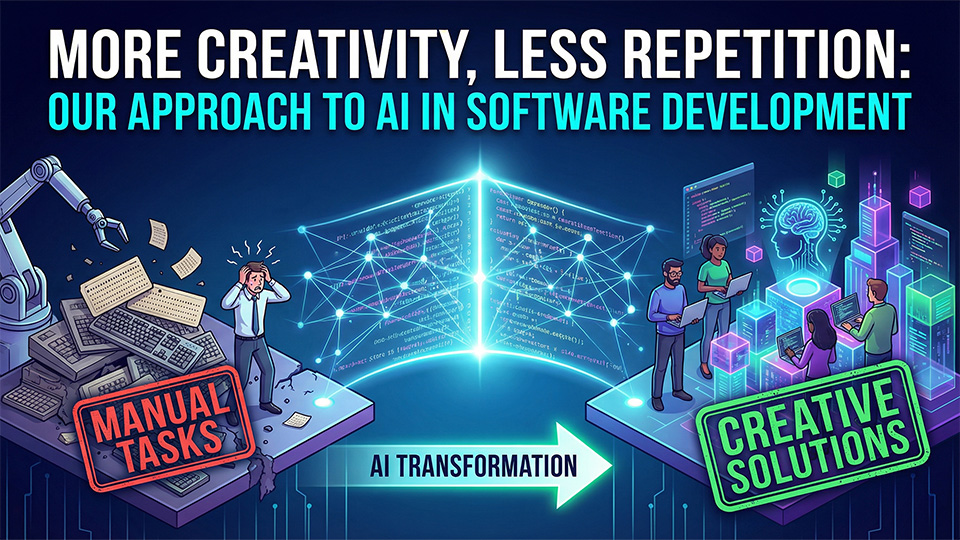
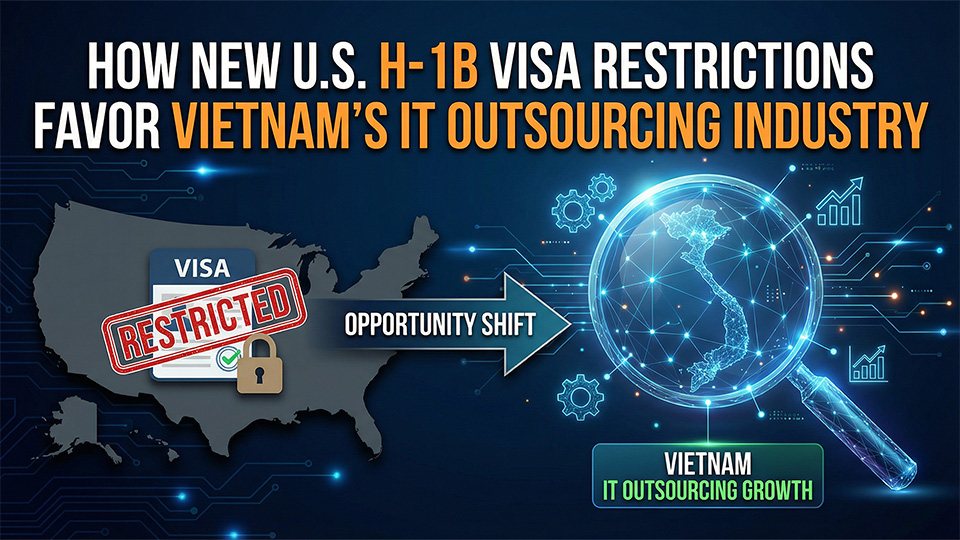
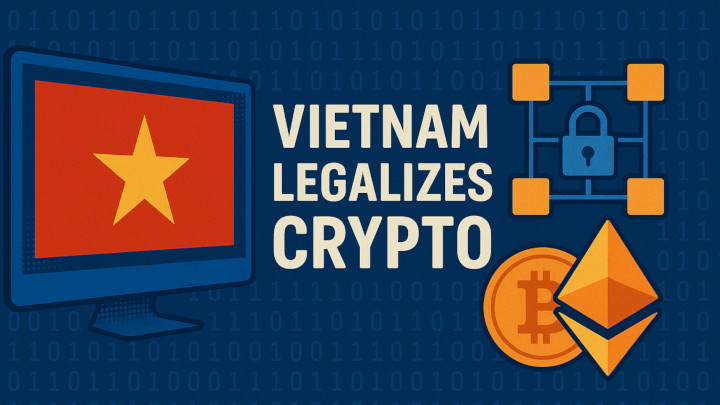
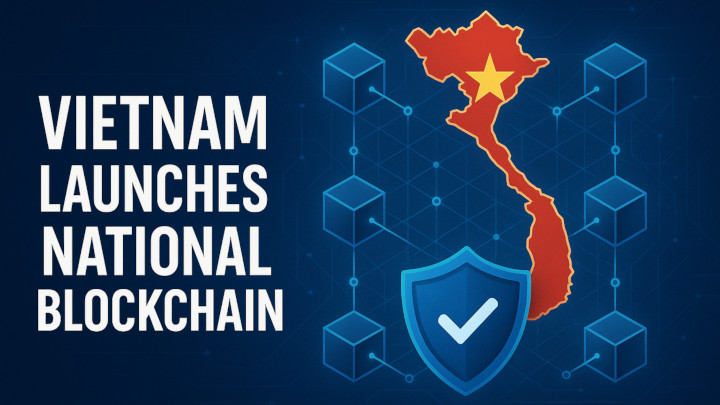
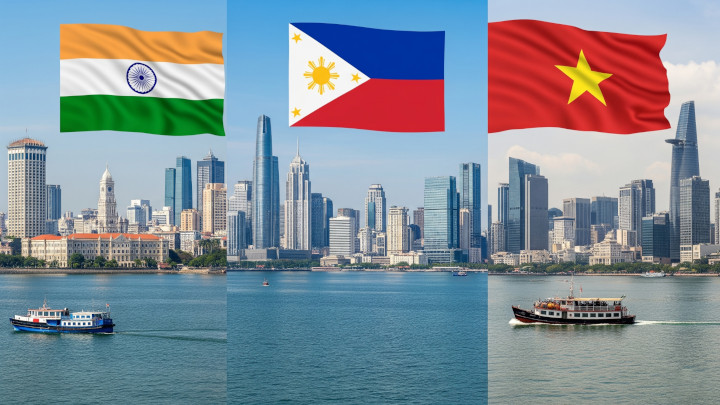
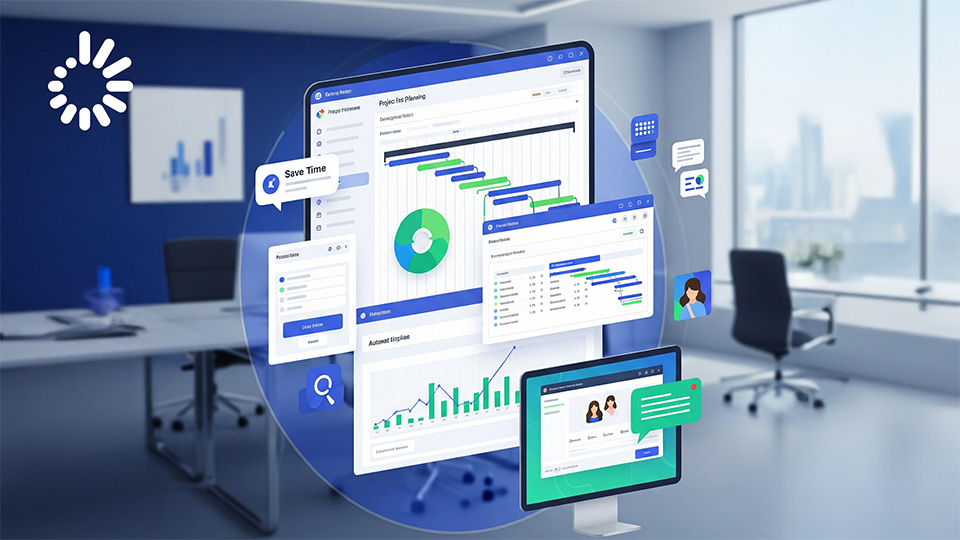

.svg)













